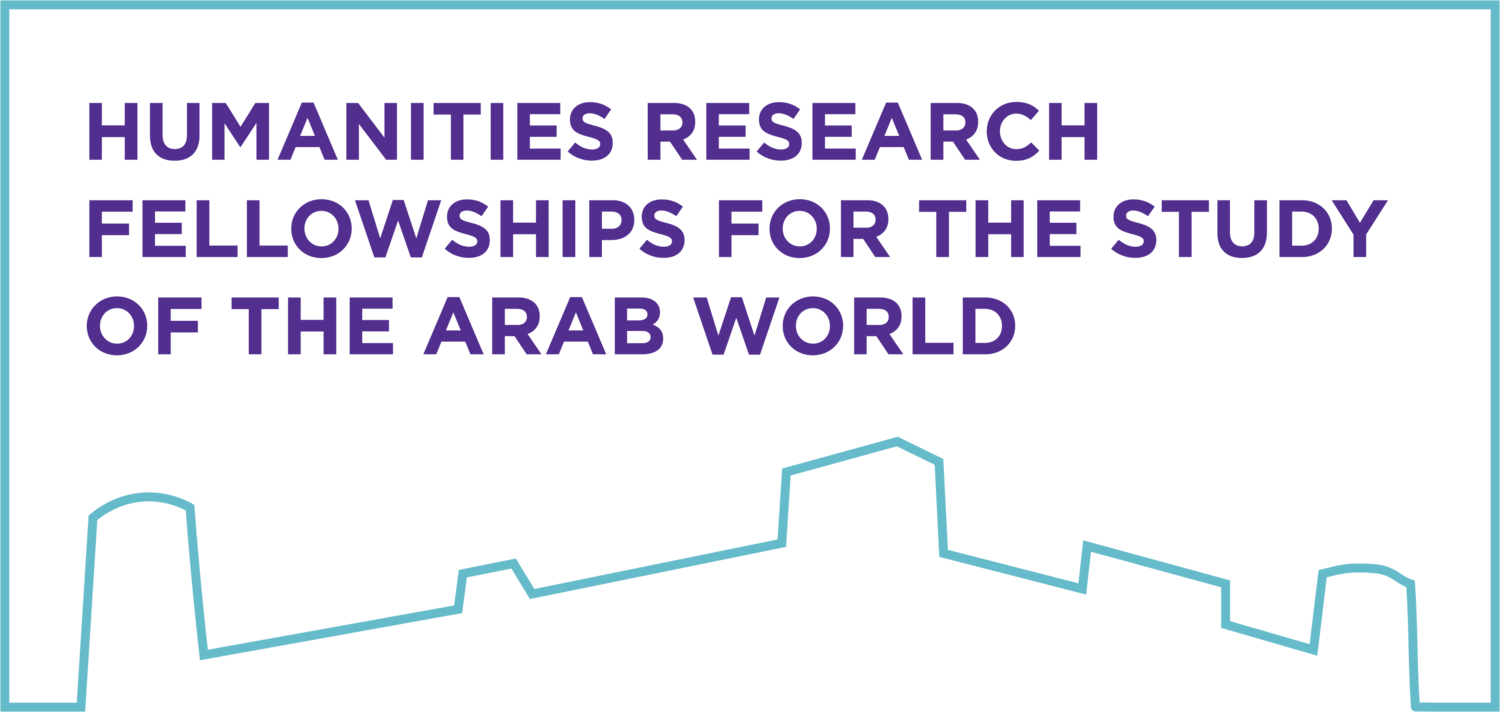Christian Mauder
Humanities Research Fellow
About Christian
Christian Mauder was a Research Fellow in the Humanities Research Fellowship Program in academic year 2017-18. He is an intellectual, cultural, and social historian of the Islamicate world with a focus on the late middle and modern periods.
In 2017, Christian defended his dissertation “In the Sultan’s Salon. Learning, Religion and Rulership at the Mamluk Court of Qāniṣawh al-Ghawrī (r. 1501–1516)” at the University of Göttingen. His dissertation, supported by the German National Academic Foundation (Studienstiftung), constitutes the first in-depth analysis of the Egyptian court of the Mamluks as a center of intellectual, religious, and political culture. In addition, he has published several studies on aspects of Mamluk history, including his monograph Gelehrte Krieger. Die Mamluken als Träger arabischsprachiger Bildung nach al-Ṣafadī, al-Maqrīzī und weiteren Quellen (Olms, 2012).
Christian moreover worked on the history of interactions between the Islamicate world and Europe during early modern and modern times, with a focus on the missionary project of the Moravian Brethren in Egypt during the late 18th century. He published several studies on this subject, including the co-edited volume Die arabischen Briefe aus der Zeit der Herrnhuter Präsenz in Ägypten 1770–1783 (Ergon, 2012, together with co-editors Martin Tamcke and Arthur Manukyan). He is furthermore interested in the history of the reception and translation of the Quran, on which he co-edited the volume Koran in Franken. Überlegungen und Beispiele für Koranrezeption in fremden Kontexten (Ergon, 2016, together with co-editors Thomas Würtz and Stefan Zinsmeister). His areas of research also include Islamic eschatological thought, and he contributed as assistant editor to the publication of Roads to Paradise. Eschatology and Concepts of the Hereafter in Islam (Brill, 2017, together with editors Sebastian Günther and Todd Lawson).
Christian studied Arabic and Islamic Studies, Religious Studies, Sociology, Persian Studies, and Economics in Göttingen, Cairo, Marburg, and Yale. From 2006 onwards (with interruptions), he worked and taught at the University of Göttingen in various capacities, including those of a research associate and a lecturer at the Institute of Arabic and Islamic Studies. In 2015, he was a visiting assistant in research at Yale University. In 2016–2017, he was a member of the Annemarie Schimmel Centre of Advanced Studies of the University of Bonn. Since 2015, he has been a member of the Holberg Seminar on Islamic History, Princeton University.
Publications
Books
Mauder, Christian. In the Sultan’s Salon: Learning, Religion, and Rulership at the Mamluk Court of Qāniṣawh al-Ghawrī (r. 1501–1516) (2 vols). Brill, 2021.
Journals
Mauder, Christian, ed. The Production and Transmission of Knowledge in Islamicate Courts of the Middle and Early Modern Periods, special issue of Intellectual History of the Islamicate World 11, no. 1 (2023).
Mauder, Christian. "The Production and Transmission of Knowledge in Islamicate Courts of the Middle and Early Modern Periods." Intellectual History of the Islamicate World 11, no. 1 (2022): 1-23.
Mauder, Christian. "Does a Mamluk Sultan Hold Religious Authority? Quranic Exegesis and ḥadīṯ Scholarship in Late Mamluk Courtly maǧālis." Intellectual History of the Islamicate World 11, no. 1 (2022): 80-111.
Book Chapters
Mauder, Christian. "A Severed Head, a Poetry Slam, and a Shi'ī Visiting al-Shāfi'i's Tomb - Symbolic and Literary Communication in Mamluk-Safavid Diplomatic Encounters." In Proceedings of the First German-Japanese Mamlukology Workshop, ed. Stephan Conermann. Bonn University Press (forthcoming).
Mauder, Christian. "Childless Rule and the Sultan's Son: Muhammad ibn al-Ghawrī and the Mamluk System of Succession in Early 16th Century Egypt." In Norm, Normabweichung und Praxis des Herrschaftsübergangs in transkultureller Perspektive, ed. Tilmann Trausch. Bonn University Press, 2019.
Interview
“In the Sultan’s Salon: Learning, Religion and Rulership at the Mamluk Court of Qāniṣawh al-Ghawrī (r. 1501–1516)”


